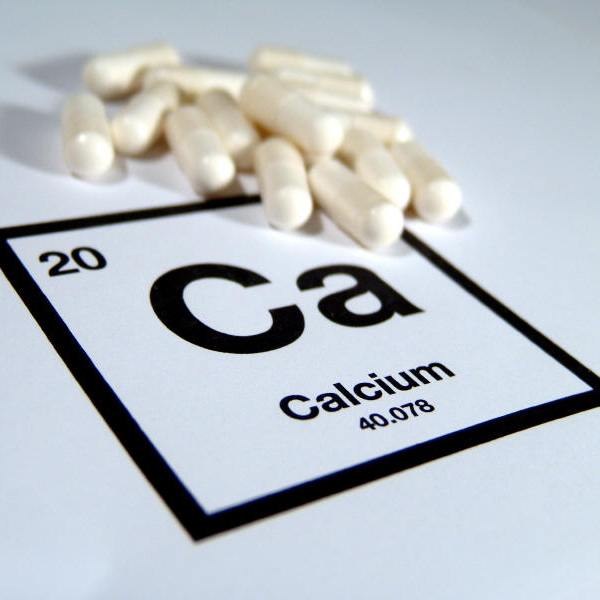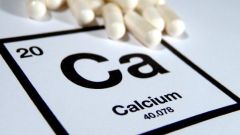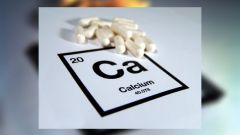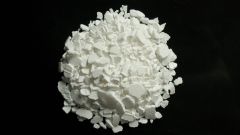Calcium is the main macronutrient that form bone, dental tissue, hair and nails. It is necessary for the processes of transmission of nerve impulses to the heart muscle, blood clotting, muscle contraction. If there is insufficient calcium in the body is disturbed cardiac and neural activity, bones become brittle, hair and nails, disrupted the structure of the teeth. A person may develop hypocalcemia (lack of calcium in the blood).
The female body need for calcium increases during pregnancy because this element is essential for the proper development of the fetus. The number of correctly assimilated calcium affects mental and physical development of the unborn child. This macronutrient is needed and lactation. But if calcium is not to be missed growing organism, the unborn baby may develop rickets.
Lack of calcium is found in the body of the people on prolonged bedrest, patients with tuberculosis, osteoporosis, asthma.
In all these cases, the shortfall of this important macronutrient, a doctor appointed by calcium gluconate. The drug is available in tablets and in solution for intravenous and intramuscular introduction. The dose and method of administration must appoint a doctor. Usually the drug in tablets taken 2-3 times a day before meals or an hour and a half after eating. Adults should take 1-3 g of calcium gluconate, children up to 1 year - 0.5 g, 2-4 years, 1 g; 5-6 years - 1-1,5 g; 7-9 years - 1.5-2 g; 10-14 years - 2-3 g.
The drug there are contraindications. Calcium gluconate should not be prescribed for hypersensitivity, hypercalcemia, kidney stones. It should be used with caution in dehydration and water retention in the body.
Calcium gluconate has the following side effects: when ingested, it can cause irritation of the gastrointestinal tract. May cause nausea, vomiting, constipation. With the introduction of intramuscularly or intravenously may drop blood pressure. Keep in mind that excess calcium is harmful and gives an additional burden on the kidneys.
Prevention of occurrence of deficiency of calcium in the body is daily consumption of certain products. A large amount of this macronutrient contains cheese, cottage cheese, yogurt, milk, bananas, rye bread and nuts.









